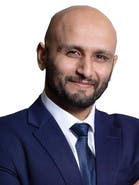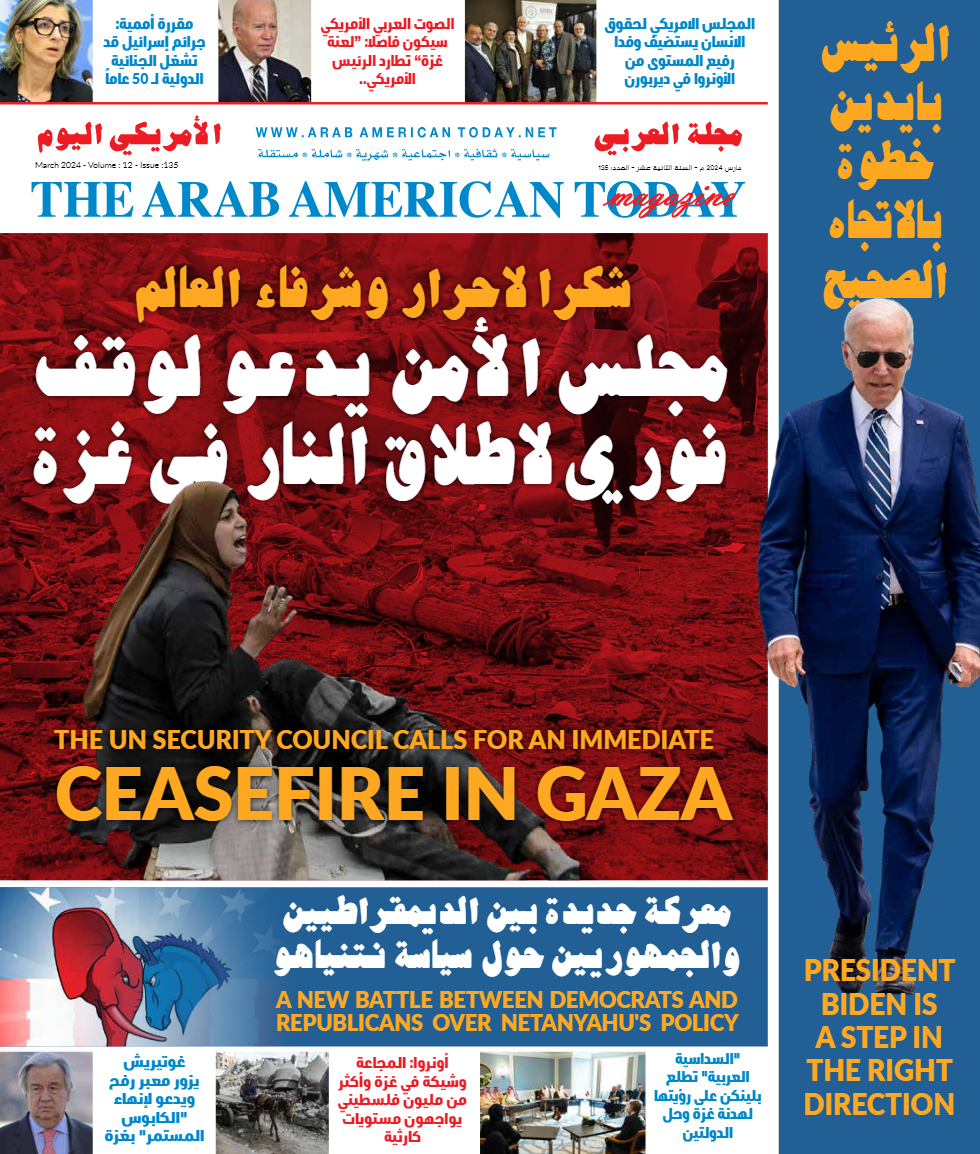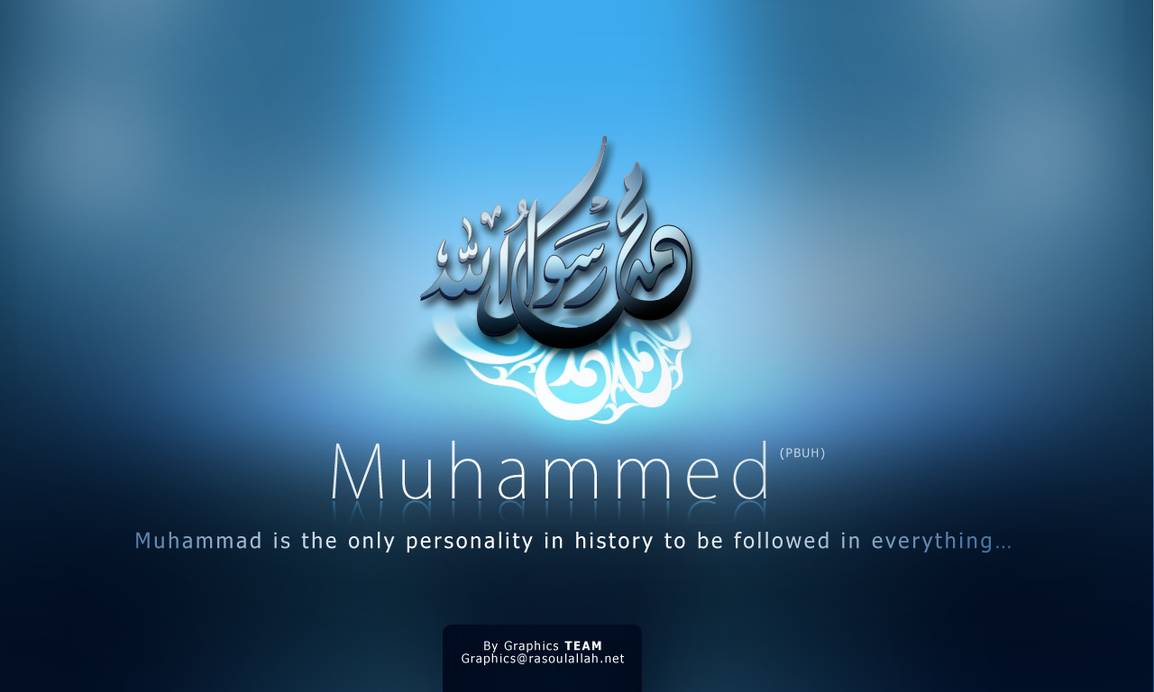
Coronavirus: Gulf universities can learn from Oxford’s COVID-19 vaccine project
2020-08-02

Omar Al-Ubaydli
The University of Oxford is leading the world in the quest for what would be a hugely valuable COVID-19 vaccine, primarily because it promotes and maintains a diverse range of expertise that can respond to unpredictable events such as a war or a global pandemic. Universities in the Gulf should learn from this model, particularly when it comes to area studies – a field that allows countries to draw upon a range of experts to respond to foreign policy events effectively.
Oxford University’s leading role in the race to develop a COVID-19 vaccine is a model for Gulf universities’ research departments more broadly. Oxford’s Jenner Institute was already working on coronavirus issues last year, allowing the center to amass significant vaccine-related knowledge before the pandemic broke out. Once the pandemic erupted, the Jenner Institute was able to transform its ongoing research into a head start in the race for the priceless vaccine.
This is not because the Jenner Institute predicted the coronavirus pandemic, and there is no guarantee it has either the luck or the ability to predict future pandemics. Instead, top universities understand the impossibility of precisely anticipating society’s problems, and consequently maintain a high level of knowledge in a diverse range of issues. Then, when society suddenly needs a solution to a narrow problem, an experienced research team with most of the requisite knowledge is ready for action.
This principle is not limited to health research, but applies directly to the genesis of foreign policy. In OECD countries such as the UK and the US, universities have a selection of area studies departments, such as Asian studies, Latin American studies, and Middle Eastern studies.
The researchers working in these departments are told that their job is primarily to study these regions and to accumulate expertise in them. They are given a lot of freedom to choose their focus, whether historical, economical, sociological and so on. Most departments are not forced to limit their research to topics that are obviously relevant to modern-day issues.
The foreign ministries of the countries that house these universities have strong relationships with these departments, as they are invaluable sources of trustworthy external expertise. When an international crisis erupts, such as the collapse of the Soviet Union in 1990, the in-house experts at the foreign ministry are too small in number to have comprehensive background knowledge; the foreign ministry will therefore reach out to the experts housed in the relevant area studies departments in the local universities, and tap the deep knowledge that they have amassed by being full-time researchers in those regions.
For example in the US, the Senate and the Department of Defense will regularly invite top university scholars affiliated to area studies departments to provide them with their opinion on the latest unfolding crisis, and this knowledge allows the US to forge a much more sophisticated foreign policy than would be the case had authorities relied exclusively on the overworked experts working in the State Department.
The analogy to Oxford University’s vaccine efforts is clear: Harvard University did not know that the Arab spring was about to erupt in 2011, just as the Jenner Institute did not anticipate a coronavirus pandemic in 2019. However, the two institutions maintained a diverse and active research portfolio in Middle Eastern studies and in coronavirus vaccine research, respectively, and this allowed them to provide critical support to policymakers when an unexpected crisis did arrive.
The Gulf countries have several respectable universities. However, these institutions generally lack area studies departments, meaning that the foreign ministries do not have a pool of dedicated experts whom they can tap as and when necessary.
Local think tanks partially fill this intellectual lacuna, but a think tank scholar’s knowledge is not as deep as that of a university one, because peer-reviewed research (which is more difficult to produce than unrefereed policy briefs) accounts for a much larger share of a university scholar’s research activity. Moreover, their effectiveness as a source of policy-relevant knowledge is undermined by the fact that many of the think tank scholars are foreigners, creating potential conflict of interest problems when relying on their expertise to influence foreign policy.
As an illustration, understanding China today is more important than ever, and ideally, there would be a corps of dozens of Gulf scholars fluent in Mandarin ready to advise their governments, based on years of reading Chinese newspapers and studying China’s economy, political system, and society. Countries such as France and Germany have such teams ready for action, and so the Gulf countries should consider making similar investments, by allocating greater material support to area studies departments in their local universities.
With the international order undergoing a period of flux, and historically stable international relationships wobbling, the need for good quality homegrown area studies research is very high. Just as Oxford University was ready to respond to the pandemic, Gulf universities need to be ready to respond to the next international political crisis. It is precisely these sentiments that Abraham Lincoln had in mind when he said: “Give me six hours to chop down a tree and I will spend the first four sharpening the axe.”
















